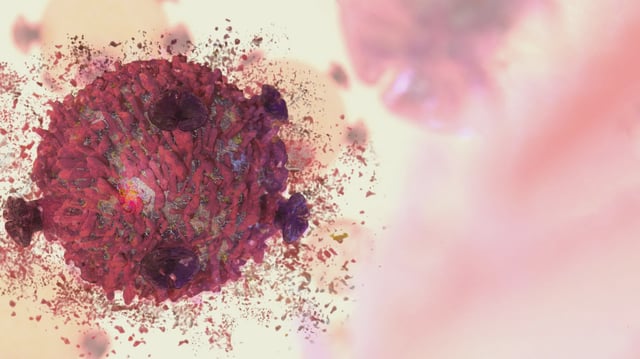Overview
- EPS3.9 is an exopolysaccharide extracted from the Spongiibacter nanhainus CSC3.9 strain that comprises mannose and glucose.
- Mechanistic analyses confirm that EPS3.9 binds five specific membrane phospholipids to activate pyroptosis in human leukemia cells.
- In murine liver cancer models, EPS3.9 treatment significantly reduced tumor burden and stimulated anti-tumor immune responses.
- Findings published July 23 in The FASEB Journal validate the compound’s mechanism of action and its anti-tumor efficacy.
- Researchers at the Chinese Academy of Sciences plan to develop EPS3.9 into carbohydrate-based therapies and expand exploration of deep-sea microbial resources.
